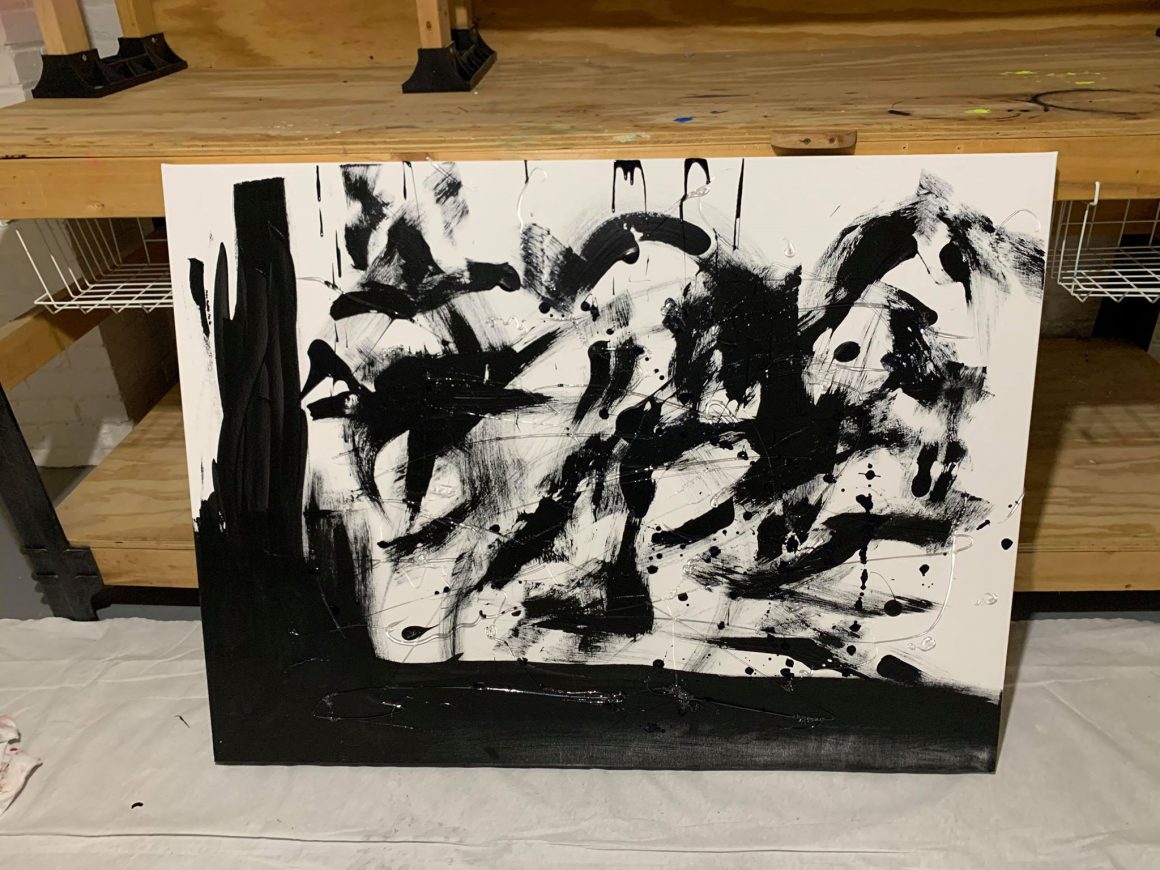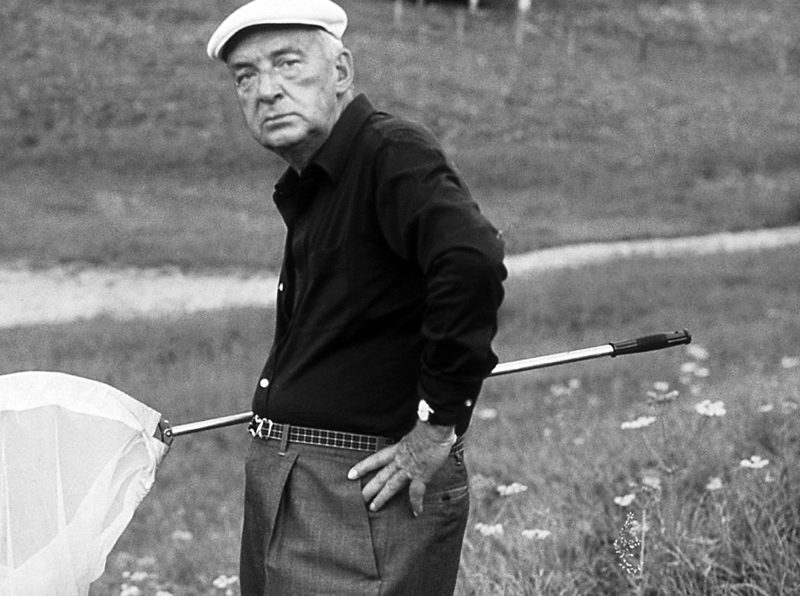I have always been fascinated by etymology. The nuances of historical thought continue to shade our words, coloring them as living and active artefacts of cultural philosophy. The Russian голосование is particularly fascinating in this regard. The idea that a vote is an extension of the voice of the individual casting it—logical in its historical context, but in the modern sense…lacking.
As an American, I have been indoctrinated from a young age as to the importance of voting. Voting is cast as the lifeblood of American democracy. He who does not vote is seen as a bad citizen, apathetic to the future of his country. If he exhibits any concern, voices any criticism against the regime, he is deemed a hypocrite. After all, if he refuses to contribute to the democratic process, he has no right to be critical of its results.
Yet here I stand, critical of American democracy, refusing to vote. I have had many conversations with friends and family on this issue. You vote for the future of your country, they say. This is a crucial election, they say. But I cannot bring myself to fulfill my “duty”.
The best option, should I choose to take it, would be to vote conservatively. Biden’s policies undeniably reinforce growing socialist tendencies in American society: the institutionalization of strictly liberal thought, liberal speech, censorship of the conservative “hateful opposition”. I cannot in good conscience support this. It would be the destruction of democracy by the illusion of its reinforcement. But I cannot allow myself to support a man who actively promotes the instigation of hate and fear, either. Voting for Trump would be equally destructive in its effect, if not for the same reasons.
But more significantly—any vote at all would dignify a system whose internal crisis deserves to be exposed, not reinforced. At present, all focus and attention is set on the resolution of manifested symptoms (BLM protests, exacerbation of the COVID-19 crisis, criticism of the banking and education sectors, and the idea of “institutionalized racism”, to name a few) ignoring the existence of the primary issue, failing to recognize the forest through the trees. But the crux of the issue is that the two-party system is no longer functionally tenable on a national level. While the goal was once to reach across the aisle and find common ground, politicians and citizens now aim to demonstrate how sharply they contrast with their ideological opponents, allowing liberal thought to evolve into extreme leftism, with a corresponding effect on conservatism as well.
The issue at hand, then, is not really whether affirmative action is good or bad, whether big banks should be broken up, whose lives matter, etc. The issue lies in the fundamental belief of what the role of government should be in the life of the citizen. Should the state be responsible for the success of its citizens in their private lives, or should that be the responsibility of the individual?
The present wave of neoliberal thought would have us believe that the responsibility lies solely with the government, and if the individual fails, it is not really their own failure, but the state who has failed them. This perpetuates the mentality of victimhood, as it redirects blame onto the scapegoats of history and circumstance, not on the individual’s own failures, creating the sense of citizen entitlement inherent to a welfare state.
It is not surprising that it has amounted to this, as LBJ’s Great Society, FDR’s New Deal, and Obama’s ACA reinforced the idea that the government will bail out those who cannot support themselves. In essence, then, it is a matter of liberalism in opposition to the Protestant ethos of self-sufficiency and purpose-driven life, two credos definitively at odds with each other, even without the influence of the polarity of modern American politics.
This system will continue to fail in the absence of radical reform. But what steps to take? First of all, refuse to vote.
Polling percentages have become the metric by which belief in the system is measured. When you vote, it shows that you feel your input matters in the selection of your leaders and the direction of your country. But this is a tired refrain. Each election cycle, the conversation is the same—there is no one good candidate, so I’ll just pick the lesser of two evils, after all, if I don’t vote, my opinion isn’t heard. But on the contrary.
A serious drop in voting percentages would be that shock that this nation desperately needs to realize the insanity of continuously electing the politician who in their eyes is “not great but not the worst option either” and expecting a miraculous turnaround. Such a shock would provide an invitation to discuss the true issue at hand, the increasing polarization of the parties and its implications for the future of the nation.
Recent crises have revealed the dysfunction of big government with its blanket policies, inability to quickly adapt to changing circumstances, and infestation of personal ambitions. In the absence of coherent national leadership, state and local government bodies have made use of their roles to execute meaningful policies that reflect the evolving needs of the community. In Wisconsin, for example, they have established guidelines for the reopening of businesses and schools, directed new public health policies, provided financial relief for those in need, addressed public protests and begun investigations into police reform, disseminating vital information at every step. While I do not agree with a number of the policy conclusions established by state and local officials, their ability to govern both responsively and predictively with decisions curated to the needs of their community is something unmatched on the federal level. Of course the aforementioned issues of ideological polarization and political animosity still exist at the sub-federal level, but at this level also exists a sense of purpose not found among the entrenched national bureaucracy. There is a greater sense of accountability of the officials to their constituents, and with this comes increased motivation for bipartisanship and ideological measuring.
There is much to be learned from the efficacy of small government. And yet we face an election. There does not seem to be a choice—come November, we will name the next president, begrudgingly voting for the lesser of two evils yet again, hoping that this time something will change. But let us take a break from this insanity, shall we? I would propose an experiment—a hiatus, an interregnum of sorts, designed to refocus our political conceptions. Let us embrace what does function, our state and local bodies, and their capacity to unite, instead of clinging to the dysfunction of the federal, which only works to divide.
There is no precedent for this. This would be a novel experiment in the history of American politics. But America was founded on novelty, and on the idea that tired, abusive government should be cast off in pursuit of liberty. Perhaps in our sense of exceptionalism we have allowed our own government to morph into that same abuser, albeit with a different face.
This confrontation will not be easy. Our Founding Fathers had another, distant government they had no voice in to blame for their mistreatment. We have only ourselves, or rather, our voters, to blame. No one wants to assume that kind of guilt. But if we do not, it would mean our own destruction. Fin.
Elise E. Schlecht
Sheboygan, WI, USA
Picture on the top. Premonition of Elections-2020. By Elise Schlecht




